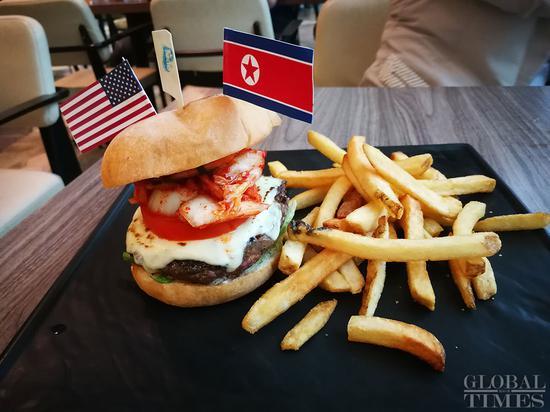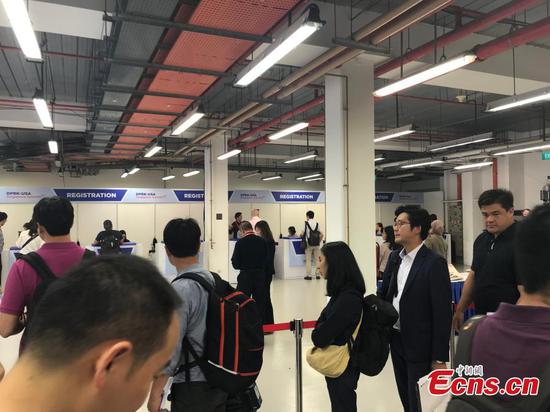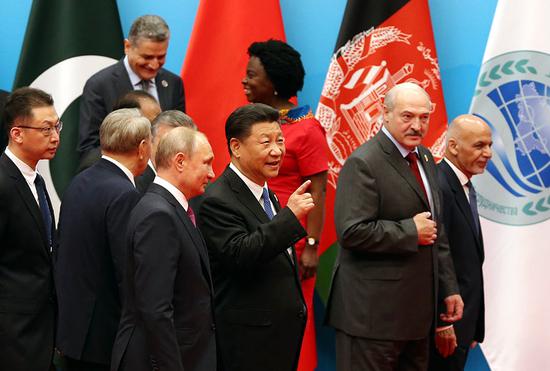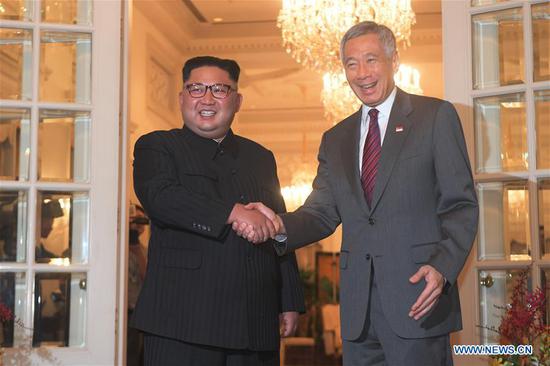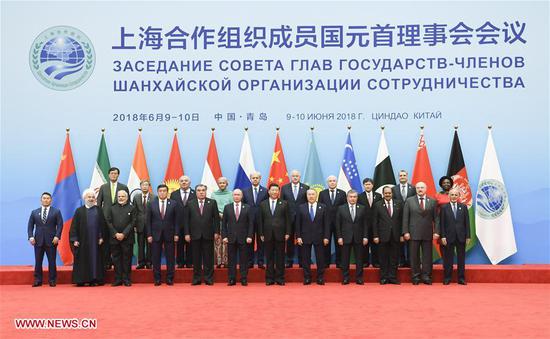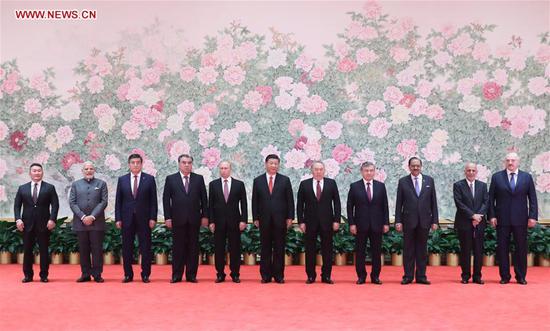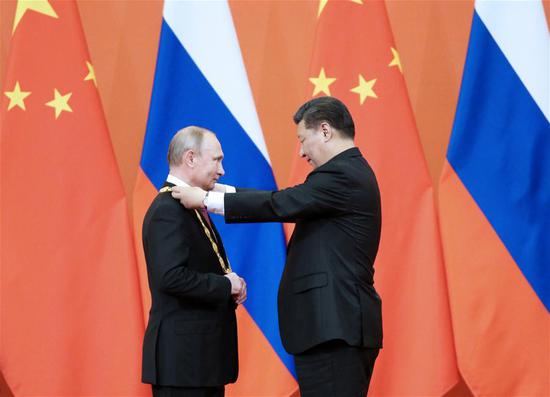Canada and European countries condemned the United States for its "insulting" tariffs, and the latter in response refuted Canada's "false statements," following the Group of Seven (G7) summit in Quebec, Canada.
Canadian Prime Minister Justin Trudeau announced Saturday that all G7 members had endorsed a joint communique. However, he noted that the U.S. tariffs are "insulting" and Canada "will not be pushed around."
G7 includes the seven leading industrialized countries of Britain, the United States, France, Germany, Italy, Japan and Canada.
Trudeau's remarks have enraged U.S. President Donald Trump, who tweeted hours later that he had instructed U.S. representatives not to endorse the G7 joint communique "based on Justin's false statements at his news conference, and the fact that Canada is charging massive Tariffs to our U.S. farmers, workers and companies."
Saying Trudeau is "dishonest & weak," he threatened "tariffs on automobiles flooding the U.S. Market!"
Also in response, Larry Kudlow, director of the White House's National Economic Council, said on Sunday in an interview with CNN that Trudeau betrayed Trump with "polarizing" statements on U.S. trade policy.
Kudlow said that Trudeau's statements are "amateurish" and "sophomoric" only "for domestic consumption," and that it was Trudeau's remarks that had prompted Trump to pull out of the joint communique.
Trump's decision to withdraw his support for the communique has drawn sharp criticism from European countries.
German Chancellor Angela Merkel said in a television interview on Sunday that the summit is a "sobering" and "depressing" experience with an outcome that "wasn't a great thing."
She said that the European countries will not be "taken advantage of" in terms of trade and that they would "act" against the U.S. trade measures, which are considered as going against the World Trade Organization's rules.
Norwegian Prime Minister Erna Solberg said the United States loses influence in the world after Trump pulled back support of the G7 summit statement, public broadcaster NRK reported Sunday.
"The United States loses political influence in the rest of the world, and they also lose position as a centerpiece in efforts to find global joint mechanisms and set the agenda," said Solberg, who had been invited to attend the summit.
Finnish Prime Minister Juha Sipila said Sunday that the rift between G7 members at the summit reflects the unpredictability in international political arena, and he hoped the aftermath of the summit would be cleared up quickly.
"The world and the international community is now being, in a way, reorganized. This development is not good as unpredictability has increased," Sipila said.
The G7 summit came after the Trump administration decided last week to impose tariffs on steel and aluminum imports from the European Union, Canada and Mexico, which has drawn strong opposition from U.S. business community and quick retaliation from major U.S. trading partners.
Canadian Foreign Minister Chrystia Freeland spoke against the United States over its tariffs on steel and aluminum on Friday during the summit.
"Canada will not change its mind when it comes to the illegal and absolutely unjustified application of tariffs on steel and aluminum, not only coming from Canada, but on the steel and aluminum sold by all the G7 allies who are assembled here, to the United States," Freeland said in a news conference at the summit.
"Canada has already raised cases at the WTO and at NAFTA, and we will retaliate," she said. "But we say that with great sadness."
Last week, Canada hit back at the Trump administration by announcing retaliatory tariffs on up to 16.6 billion Canadian dollars (12.8 billion U.S. dollars) worth of U.S. steel and aluminum as well as a diverse list of other products. Those countermeasures are set to take effect on July 1.









